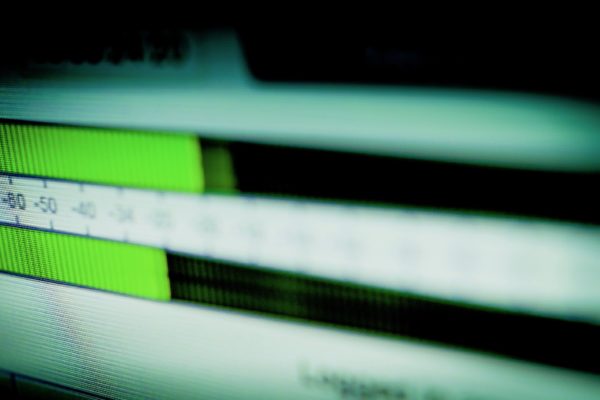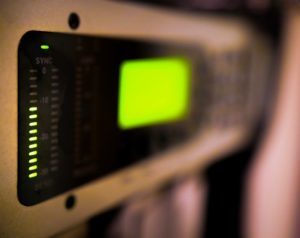I was recently asked the question in regards to voice overs, which processors (i.e.- compressors, EQ, etc.) are better: hardware or software? The answer is that the tools available in both formats have advantages and disadvantages. Furthermore, there are hardware models that sound great and perform exceptionally well, and then there are some that do not. The same is true for software versions.
Consistency is critical in voice over work, so a clean unprocessed signal during recording is usually ideal. As a voice talent you generally will not, or should not, be using processors when recording, and if you are it should be very minimal and the same every time. Therefore, you really don’t need a great deal of choices.
If you are a voice over talent working from your home studio, chances are that software versions will be your best or maybe your only option. Besides not really needing many choices, it just doesn’t make financial sense for someone who only does voice over work to own a vast array of hardware or rack gear. Also, hardware boxes will take up valuable space in what are often small spaces to begin with. Another downside is that they give off a great deal of heat (especially tube gear) making tight spaces more uncomfortable.
Does hardware sound better than software? Not necessarily. As an engineer, I would love to have full racks of hardware options at my disposal. Each helps to create different sounds, characteristics and textures within a mix. But would having racks of gear stop me from using software versions? Not likely.
Software versions of processors perform the same functions as their hardware counterparts, and like their hardware counterparts, they also have different sounds, characteristics and textures of their own. These characteristics vary from processor to processor in software versions just as they do in different brands and types of hardware. Software versions meant to emulate specific models of rack gear can come very close to capturing that hardware sound. But they will still have their own sound and character that make them different, not necessarily better or worse, than the hardware they emulate.
If it is great sound as well as a variety of sounds you are going for, then having both hardware and software is the way to go. However, if your space and budget are limited, then having a variety of software versions will probably be just fine for your needs. The bottom line is this, whether your processing options come from hardware or software, the tools are only as good and as effective as the person using them. Get the best sounding tools you can afford, learn how to use them and most importantly… use your ears.



